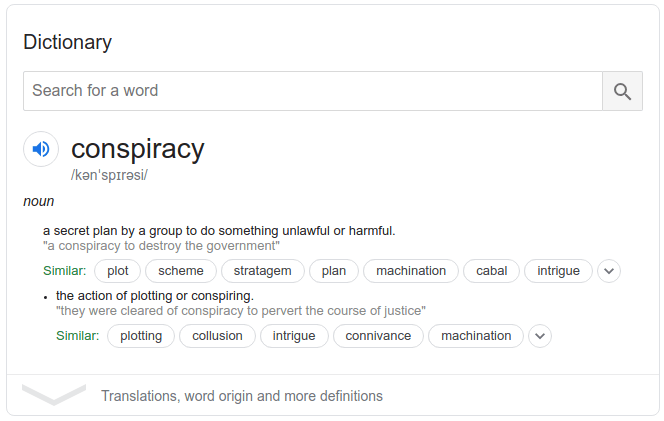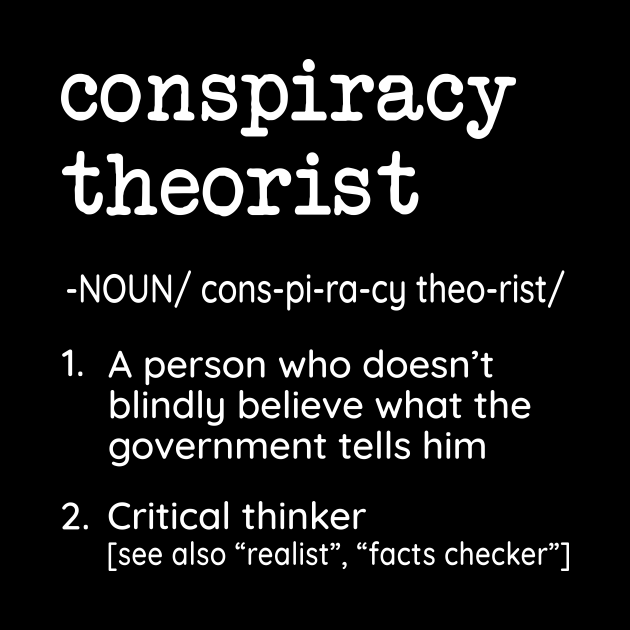

All co-conspirators must intend to agree to commit the crime and intend to achieve the result of the crime. Conspiracy Requires IntentĬonspiracy is a specific intent crime, so proving the defendant’s intention is important. But a conversation can be used against you to prove the conspiracy occurred, even if additional evidence is needed. Most states have laws requiring there be an overt act to avoid people being thrown in jail just for talking about a crime, depending on what that crime is.

Most of the time, at least one co-conspirator must take a step to further the plan. In most cases, the conversation alone is usually not enough to create an illegal conspiracy in most cases. A prosecutor could use something as simple as you attending a planning meeting or showing up at the location of the intended crime to show conspiracy. A conversation in which the crime is discussed could be enough evidence to prove conspiracy. Instead, the agreement can be implied based on circumstances. There doesn’t even need to be a conversation in which co-conspirators say “I agree to commit a crime.” But what exactly does it mean to have an agreement?Ī conspiracy agreement doesn’t mean there is a contract created with the details of a crime.

To be convicted of criminal conspiracy, you and at least one co-conspirator must share an agreement to commit a crime. What is a conspiracy and what do prosecutors need to show to prove conspiracy occurred? Conspiracy Requires an Agreement The act of planning the crime in itself broke the law. It’s even possible for someone to be charged with and prosecuted for criminal conspiracy even if a crime was never committed. Even if they do not commit the crime to completion, they can be charged with conspiracy if they plan and take action to move their plan forward. A conspiracy is a crime involving two or more people working together to achieve a common outcome.


 0 kommentar(er)
0 kommentar(er)
